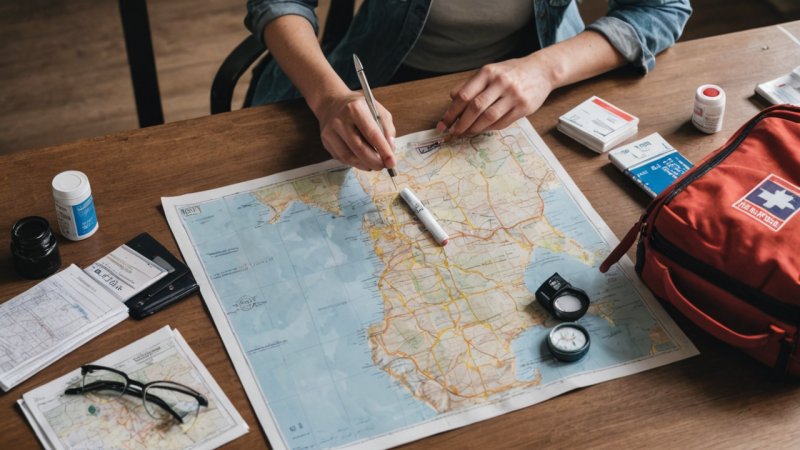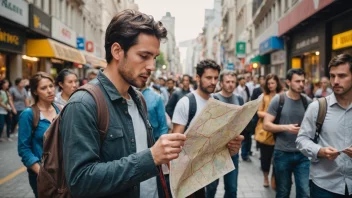Traveling is one of life’s greatest adventures, but it can also come with its fair share of unexpected emergencies. From lost passports to sudden illnesses, knowing how to handle these situations can make a significant difference in your travel experience. Here’s a list of key tips to ensure you’re prepared for any travel emergency.
1. Keep Copies of Important Documents
Always have photocopies of your passport, ID, travel insurance, and other important documents. Keep one copy with you and another in a secure location at your accommodation. This can save you a lot of hassle if your originals are lost or stolen.
2. Purchase Travel Insurance
Investing in travel insurance is crucial. It can cover unexpected medical expenses, trip cancellations, lost luggage, and other emergencies. Be sure to read the policy details to understand what is included and how to file a claim.
3. Know the Local Emergency Numbers
Research the local emergency services numbers before you travel. In many countries, the number for police, fire, and medical services can differ from the standard 911. Familiarizing yourself with these can save precious time in an emergency.
4. Have a First Aid Kit Ready
A well-stocked first aid kit can be a lifesaver. Include essentials such as band-aids, antiseptic wipes, pain relievers, and any personal medications. Having these on hand can help you manage minor injuries or illnesses while traveling.
5. Stay Connected with Loved Ones
Keep in touch with family or friends back home. Share your itinerary and check in regularly. This ensures that someone knows your whereabouts, and they can assist in case of an emergency.
6. Know the Location of Nearest Hospitals
Before heading to a new destination, research and note the nearest hospitals or clinics. In case of a medical emergency, knowing where to go can save valuable time and provide peace of mind.
7. Trust Your Instincts
If something doesn’t feel right, trust your gut. Whether it’s avoiding a particular area or declining a ride from a stranger, your intuition is a valuable tool in navigating unfamiliar places safely.
8. Learn Basic Local Phrases
Understanding a few basic phrases in the local language can be invaluable during an emergency. Phrases like “Help!” or “I need a doctor” can bridge communication gaps and ensure you get the assistance you need promptly.
9. Stay Calm and Assess the Situation
In any emergency, staying calm is critical. Take a moment to assess the situation before reacting. This can help you think clearly and make better decisions.
10. Keep Emergency Contacts Handy
Compile a list of emergency contacts, including your country’s embassy, local authorities, and travel insurance provider. Keep this list accessible either in a physical format or on your phone for easy reference.
In conclusion, traveling can be unpredictable, but with the right preparation, you can handle emergencies like a pro. By keeping important documents safe, investing in travel insurance, and knowing how to reach help quickly, you can enjoy your journey with greater peace of mind. Remember, being prepared is the key to turning a potential disaster into a manageable situation.






